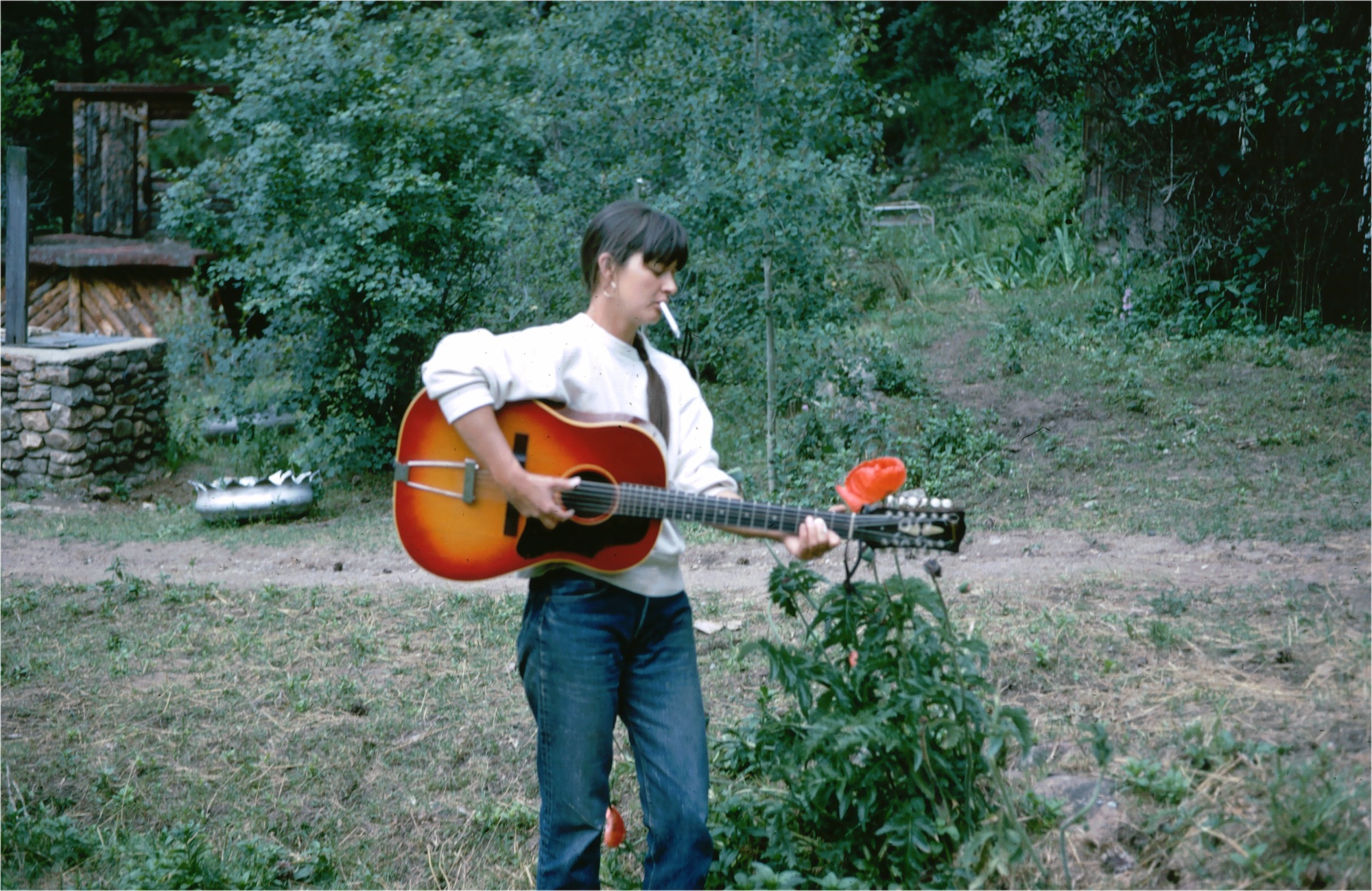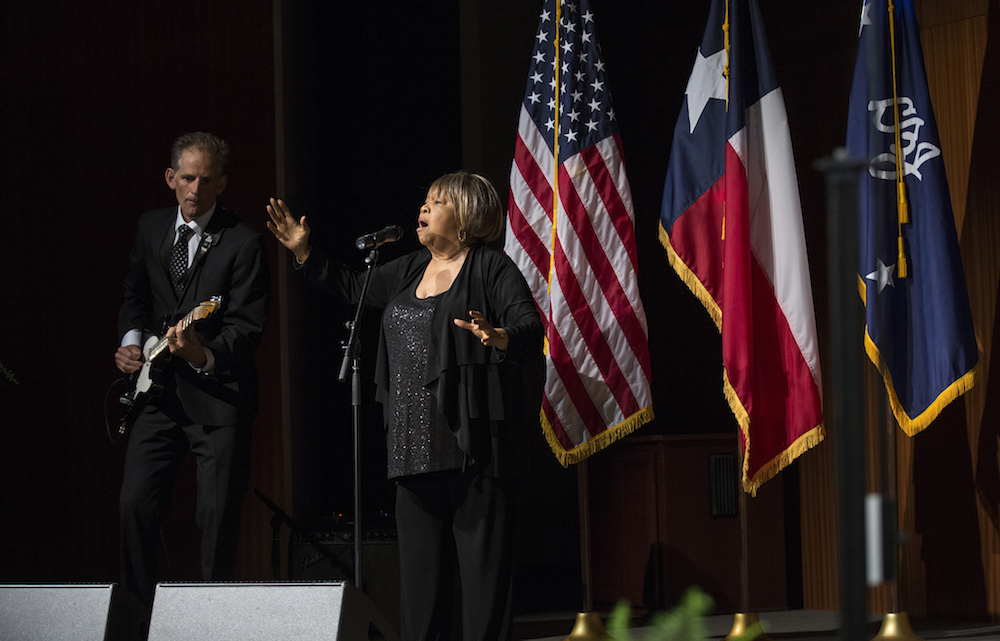A New York state judge ruled Monday that a lawsuit challenging the copyright of civil rights anthem “We Shall Overcome” can move forward, according to the Hollywood Reporter.
The plaintiffs in the suit claim that the song, which has been controlled by the Richmond Organization and Ludlow Music since the early 1960s, contains lyrics fraudulently taken from other songs that have long been in the public domain, including African-American spirituals, which would make “We Shall Overcome” free for the public to use.
The lawsuit was filed in April on behalf of Isaias Gamboa’s We Shall Overcome Foundation, by the same legal team that successfully returned “Happy Birthday to You” to the public domain. Gamboa, who wrote a book about the history of “We Shall Overcome,” was inspired to file the suit after he was prevented from using a recording of the song in a documentary based on his book. Two months later, the production team behind Lee Daniels’s 2013 film The Butler—who the Richmond Organization and Ludlow Music tried to charge $100,000 for the right to use the song in the movie—joined the lawsuit as co-plaintiffs.
“It was always a derivative work,” Gamboa told NPR in April, “and was based on a spiritual from back in the day, as they say.”

Also Read
Karen Dalton: We Hardly Knew Ya
For their part, lawyers for Ludlow Music and the Richmond Organization note that 100 percent of the royalties from the song go to the Highlander Research and Education Center, where they’re used to preserve civil rights documents and promote art and research projects in the African-American community.
The Hollywood Reporter reports that U.S. District Court Judge Denise Cote denied Ludlow Music and the Richmond Organization’s move to dismiss the suit, ruling that these “allegations of fraud are sufficiently specific, and provide enough information from which to infer the requisite intent, to survive a motion to dismiss.”
“The copyrighted work differs from the 1948 version by only three words: (1) ‘we’ll’ for ‘I’ll’; (2) ‘shall’ for ‘will’; and (3) ‘deep’ for ‘down,'” she wrote. “The Plaintiffs have also plausibly alleged that the individuals listed on the 1960 copyright registration are not the authors of the changes that were made to the three words in the Song’s first verse. If they are not the authors, the Defendants cannot claim copyright protection. The Plaintiffs allege that the author of the underlying work is unknown, that it is unclear who changed ‘will’ to ‘shall,’ and that a Black tobacco worker named Lucille Simmons changed ‘I’ to ‘We.’ Simmons is not listed as an author in the application to register the copyright for the Song.”
The 1948 version was reportedly performed at the Highlander Center, a then-popular gathering place for black and white activists. The center’s music director, Zilphia Horton, introduced it to Pete Seeger, who went on to make it internationally famous. Horton, Seeger, and two others are named on the copyright.
In his 1993 book, Seeger said that he recorded and copyrighted his own version of the song in part because he wanted to keep it out of the hands of corporations. “In the early ’60s, our publishers said to us, ‘If you don’t copyright this now, some Hollywood types will have a version out next year like, ‘Come on Baby, We shall overcome tonight,’” he wrote.




